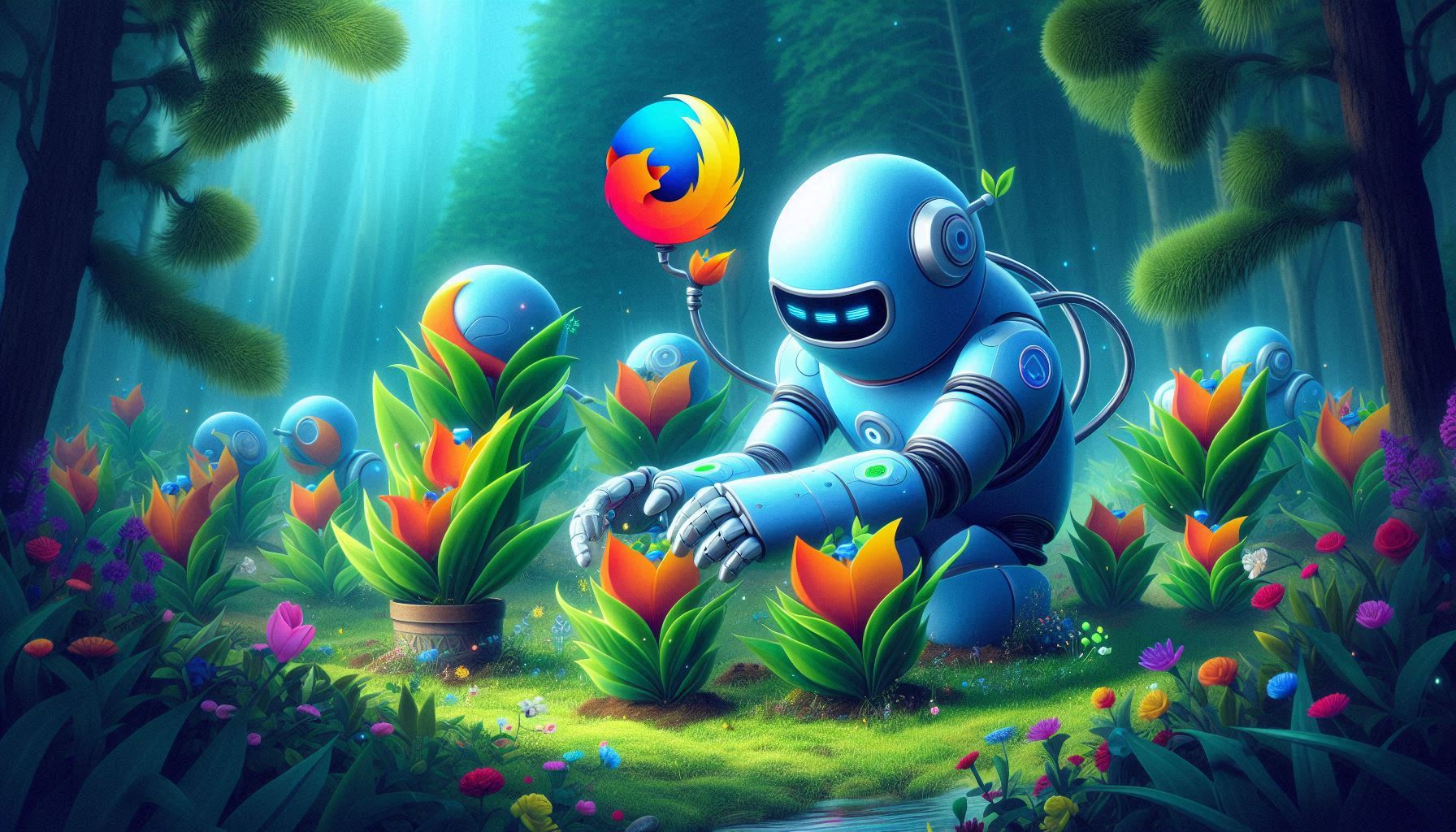 AI
AI
 AI
AI
 AI
AI
Mozilla Corp., the nonprofit organization behind the Firefox browser, today announced the first cohort of startups in its new, artificial intelligence-themed Mozilla Builders Accelerator.
It has selected 14 promising young companies, with each one gaining access to up to $100,000 in funding plus mentorship from Mozilla’s experts.
The Mozilla Builders Accelerator is not a new initiative, but this year’s edition is the first to be exclusively focused on AI, and it’s doing things according to the official Mozilla ethos of keeping the internet open and accessible to all.
To that end, each of the 14 startups is working on open-source AI projects, though the program itself offers everything one might expect from a typical technology accelerator, with both financial and practical support.
Mozilla said it received almost 200 applications from innovators who’re passionate about open-source AI. What sets these AI startups apart is that their models are designed to run locally on users’ devices, rather than living on centralized servers in the cloud, like OpenAI’s GPT models do.
During the applicant review process, Mozilla organized the startups into three distinct categories – applications, training and fine-tuning; developer tools and infrastructure enhancements; and expressive media and data visualization.
In the first category, one of the most promising companies looks to be Koel Labs, which is building a coaching application that aims to provide instant pronunciation feedback for language learners. Koel Labs relies on data scraped from movie scenes to help users improve their pronunciation, while running locally on the user’s device.
Others include Sartify LLC, which is building a large language model that’s trained on the Swahili language to support AI adoption in East Africa, and a company called Pleias, which is building a ScholasticAI application to make high-quality scientific data more accessible. There’s also Transformer Lab, which is building a suite of tools that will make it easy for anyone to fine-tune LLMs.
In the developer tools and infrastructure enhancement segment, Mozilla is backing a host of startups using AI to make software development more accessible.
Within this category, Ersilia Model Hub stands out for its AI developer tool hub that’s focused on drug discovery research, and aimed at users in middle-income countries. Its AI tools are designed to run locally on user’s devices, ensuring people can access them even if they lack reliable internet connectivity.
Foyle.io is building an AI copilot that helps users to deploy software. Then there’s Marker, which has created AI-powered PDF extraction tools that can run without an internet connection, and Open WebUI, the creator of a simplified interface that makes it possible to run powerful, GPT-like AI models while offline.
Finally, the expressive media and data visualization category is all about startups creating new ways to display data and media, making information more engaging and easier to understand, Mozilla said.
They include Latent Scope, which has created advanced AI algorithms that can categorize, cluster and explore large, unstructured datasets through an intuitive interface, running either locally or in the cloud. Another one is Tölvera, which has conceived of an interactive art tool that enables artists to explore the possibility of “self-organizing systems” with built-in behaviors like flocking and swarming to enhance creativity. Ente Technologies Inc. was chosen for its private, durable and reliable, AI-powered secure photo storage service.
Mozilla’s ecosystem development lead Liv Erickson said the company was initially uncertain about how much interest there would be in its open-source software-focused accelerator program, given the money flowing around the AI industry and the fact that local AI is still a new concept.
“The open-source community proved its strength and potential beyond our expectations,” she said. “These 14 projects stood out with their creativity, their potential impact on the local AI tech stack and their alignment with Mozilla’s values.”
Support our open free content by sharing and engaging with our content and community.
Where Technology Leaders Connect, Share Intelligence & Create Opportunities
SiliconANGLE Media is a recognized leader in digital media innovation serving innovative audiences and brands, bringing together cutting-edge technology, influential content, strategic insights and real-time audience engagement. As the parent company of SiliconANGLE, theCUBE Network, theCUBE Research, CUBE365, theCUBE AI and theCUBE SuperStudios — such as those established in Silicon Valley and the New York Stock Exchange (NYSE) — SiliconANGLE Media operates at the intersection of media, technology, and AI. .
Founded by tech visionaries John Furrier and Dave Vellante, SiliconANGLE Media has built a powerful ecosystem of industry-leading digital media brands, with a reach of 15+ million elite tech professionals. The company’s new, proprietary theCUBE AI Video cloud is breaking ground in audience interaction, leveraging theCUBEai.com neural network to help technology companies make data-driven decisions and stay at the forefront of industry conversations.